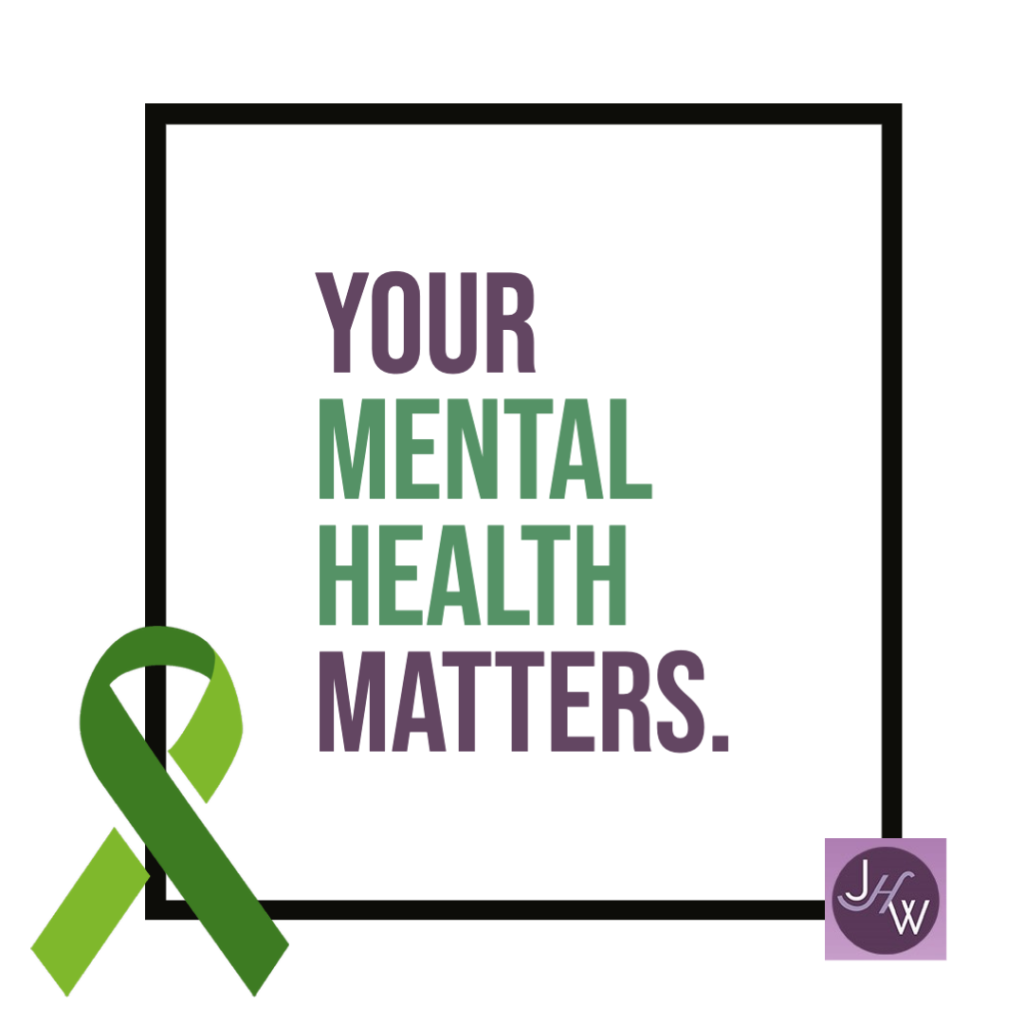Women will go through a variety of hormonal fluctuations throughout their lifetimes, beginning as early as adolescence and continuing through menopause. At these pivotal times, it’s important to keep mental health in check as hormonal changes can be responsible for increased feelings of depression. Depression can go beyond hormone fluctuations as well depending on family history and life situations.
What is depression?
Depression is a common but serious illness of prolonged sadness that causes changes in thought patterns, feelings, behavior and physical health. It can appear on its own or as a co-morbidity with another illness. Approximately 12 million women across the United States will experience depression each year. It occurs most frequently in women ages 25-44 and women experience depression at about twice the rate of men.
How do I know if I am depressed or just upset about a specific situation?
According to the American College of Obstetricians and Gynecologists, depression causes a mix of emotional and physical symptoms. You have depression if you have five of the following symptoms most of the day, every day, during the same 2-week period. One of the symptoms must be either sad or depressed mood or loss of interest or pleasure in previously enjoyed activities:
- Sad or depressed mood
- Loss of interest or pleasure in activities you used to enjoy
- Weight loss when not dieting or weight gain; decrease or increase in appetite
- Trouble sleeping or sleeping too much
- Moving more slowly or moving more quickly than usual
- Fatigue or loss of energy
- Feelings of worthlessness or guilt
- Having trouble thinking, concentrating, or making decisions
- Thoughts of death or suicide
Are there risk factors for depression that may make me more prone to it?
There are risks factors for depression, which may make it more prevalent. They include a genetic predisposition; large hormonal fluctuations during the menstrual cycle, during pregnancy, after childbirth and at menopause; stress; and other illnesses that can lead to or occur with depression such as anxiety disorders, alcoholism, drug use and pelvic pain.
Treatment
According to Mental Health America, depression has a misdiagnosis rate in women of approximately 30 to 50 percent and fewer than half the women experiencing depression will ever seek care. Most people with depression can be treated successfully with medication, psychotherapy or a combination of both. Please talk to your physician if you are experiencing any of the symptoms above or are concerned about a loved one. We may be able to provide you with counseling services onsite or medication if required.
Jackson Healthcare for Women is Mississippi’s leading provider of health care services for women. With 15 physicians on staff, Jackson Healthcare for Women is one of the largest and most respected women’s healthcare clinics in the area.

